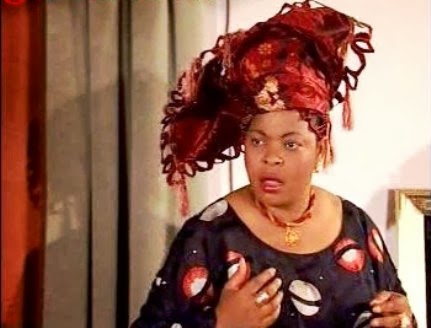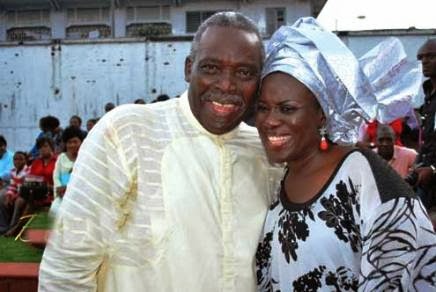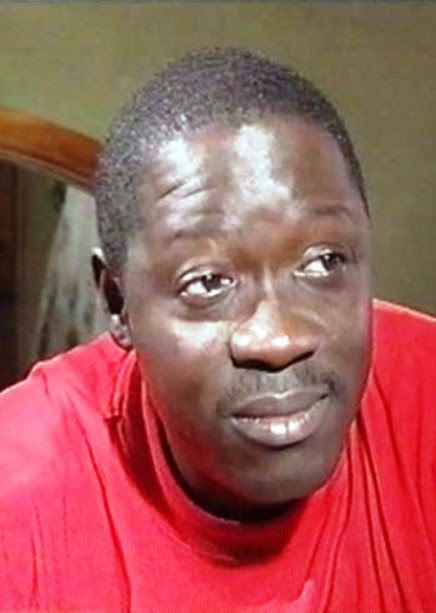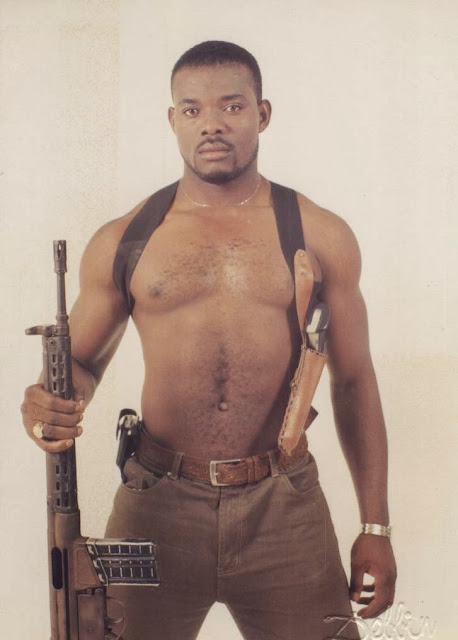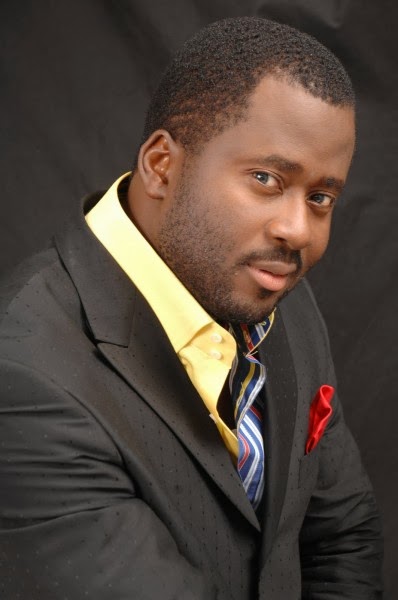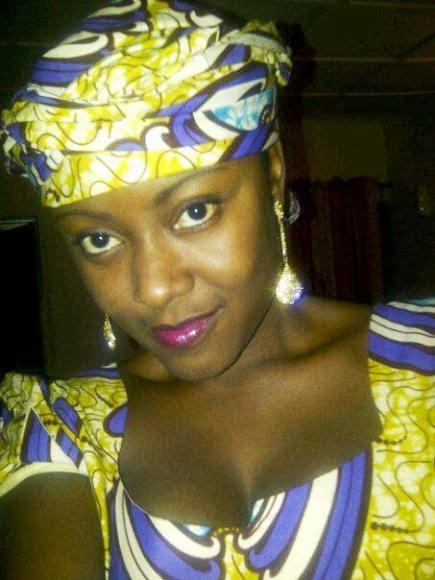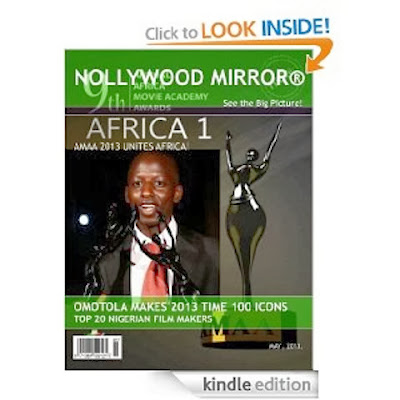To celebrate the Nigeria Centenary next year 2014, Nigerians Report Online, the flagship of citizen journalism in Nigeria will recognize the illustrious patriots who have been the nation builders of modern Nigeria from 1914-2014. They include icons of democracy and governance, icons of education, icons of medicine, icons of engineering and science, icons of business and industry, icons of public service, icons of sports, icons of arts and culture (including icons of music, icons of movies, icons of literature, icons of beauty and haute couture), icons of Information Technology, icons of journalism and other icons who have also achieved great things in the making of modern Nigeria.
Nigeria has heroes and we should celebrate our heroes, because majority of our children and youths are ignorant of our heroes who should be role models worthy of emulation for their inspiration and motivation to excel and succeed in life and join in the nation building of a New Nigeria in the leadership of Africa among the comity of nations in the world.
We should celebrate the nation builders and not title chasers.
These nation builders are champions who have sacrificed a lot and paid the price, and some in fact paid the supreme price for freedom, peace and unity. That is why I published the The Mandate of MKO Abiola, written by Adeleke O. Adeyemi, aka Mai Nasara, the winner of the $100, 000 Nigeria ;Prize for Literature in 2011 for his book The Missing Clock. "The Mandate of MKO Abiola" is one of the most distributed books on the martyr of June 12.
I am the custodian of a sacred mandate, freely given, which I cannot surrender unless the people so demand, and it is by virtue of this mandate that I say that the decision of the Federal Military Government to cancel the election of June 12, 1993 is invidious, unpatriotic and capable of causing undue and unnecessary confusion in the country.
~ Chief MKO Abiola on June 12 1994, a year after the military annulment of the June 12, 1993 Presidential Election which he won and recorded as the freest presidential election in the history of Nigeria.
It is the first book on MKO Abiola on iTunes.
https://itunes.apple.com/us/book/the-mandate-of-mko-abiola/id462801240?mt=11
It is also distributed all over the world by Amazon, Barnes and Noble and other booksellers.
http://www.barnesandnoble.com/c/adeleke-o.-adeyemi
http://www.lulu.com/shop/adeleke-o-adeyemi/the-mandate-of-mko-abiola/hardcover/product-1506072.html
http://www.amazon.com/The-Mandate-of-MKO-Abiola/dp/9783752944
As our Lord and Messiah Jesus Christ said:
Let your light so shine before men, that they may see your good works, and glorify your Father which is in heaven.
~ Matthew 5:16, Holy Bible, King James Version (KJV).
You are welcome to nominate these icons and the 100 ICONS OF NIGERIA: 1914-2014 will be published in a book to be released to celebrate the Nigeria Centenary.
~ By Ekenyerengozi Michael Chima, Publisher/Editor, Nigerians Report Online.
When we appreciate and celebrate these great humans God has used to bless Nigeria, we are showing gratitude to the Almighty God and He will increase His blessings and favours in our nation. But when we fail to celebrate them, we are only showing how ungrateful we are and God does not like ungrateful people. So, let us be very glad and grateful and give God all the glory for great things He has done for us through His illustrious sons and daughters in Nigeria as our Lord and Messiah Jesus Christ said:
Let your light so shine before men, that they may see your good works, and glorify your Father which is in heaven.
TweetLet your light so shine before men, that they may see your good works, and glorify your Father which is in heaven.
~ Matthew 5:16, Holy Bible, King James Version (KJV)








